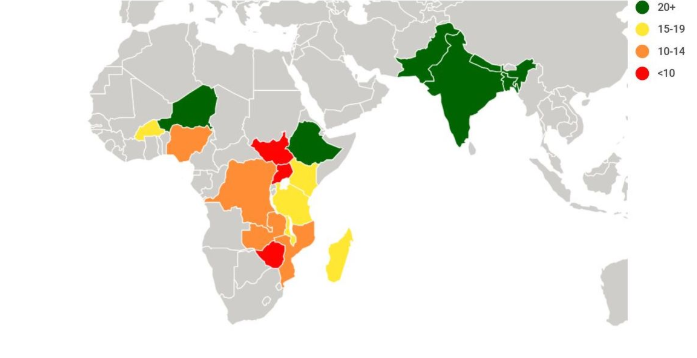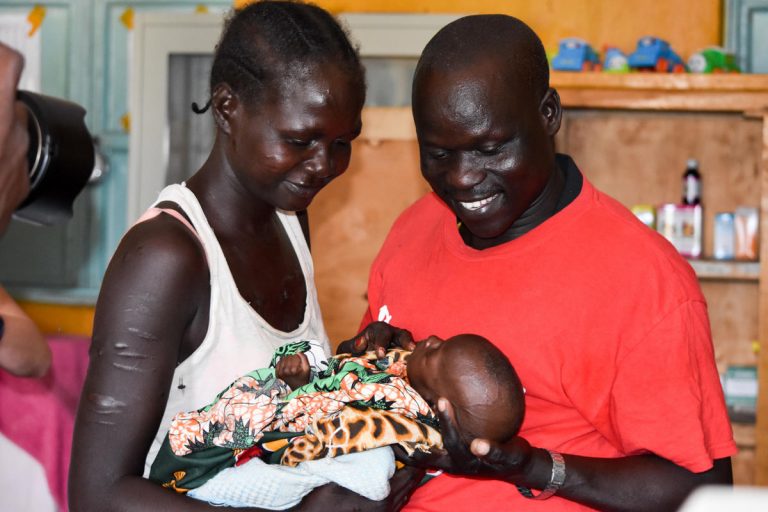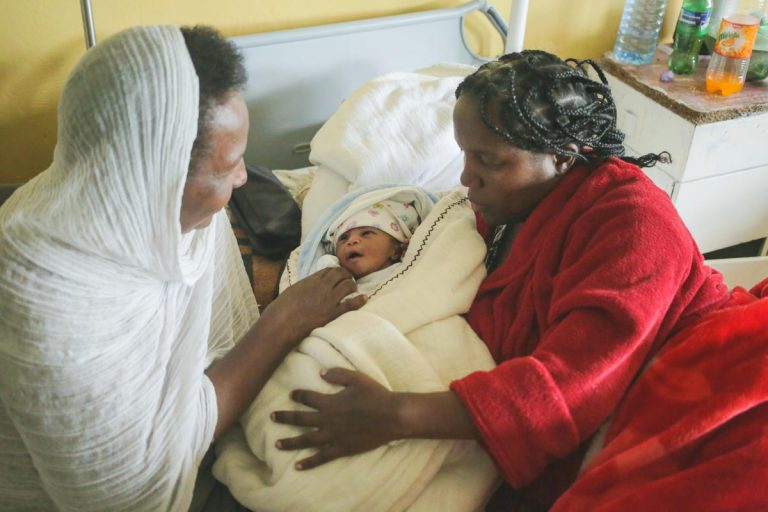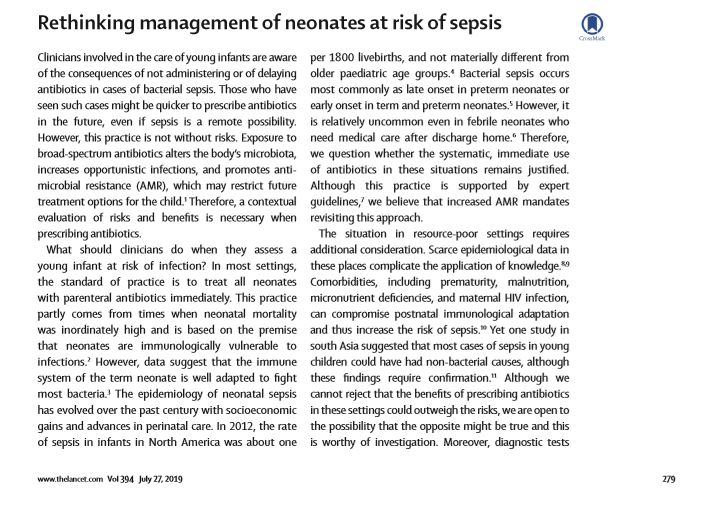Operationalization of WHO guidelines for managing possible serious bacterial infection (PSBI) in young infants
Infections remain a leading cause of newborn deaths globally. In 2015, WHO issued a guideline for managing possible serious bacterial infection (PSBI) in young infants (0-59 days) using simplified antibiotic regimens – including fewer injections, provided closer to the community – when compliance with hospital referral is not feasible. The guideline aims...
Read More


